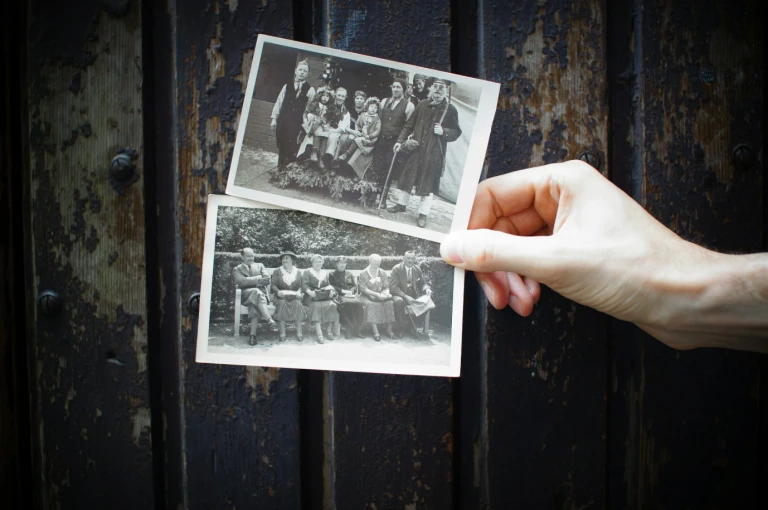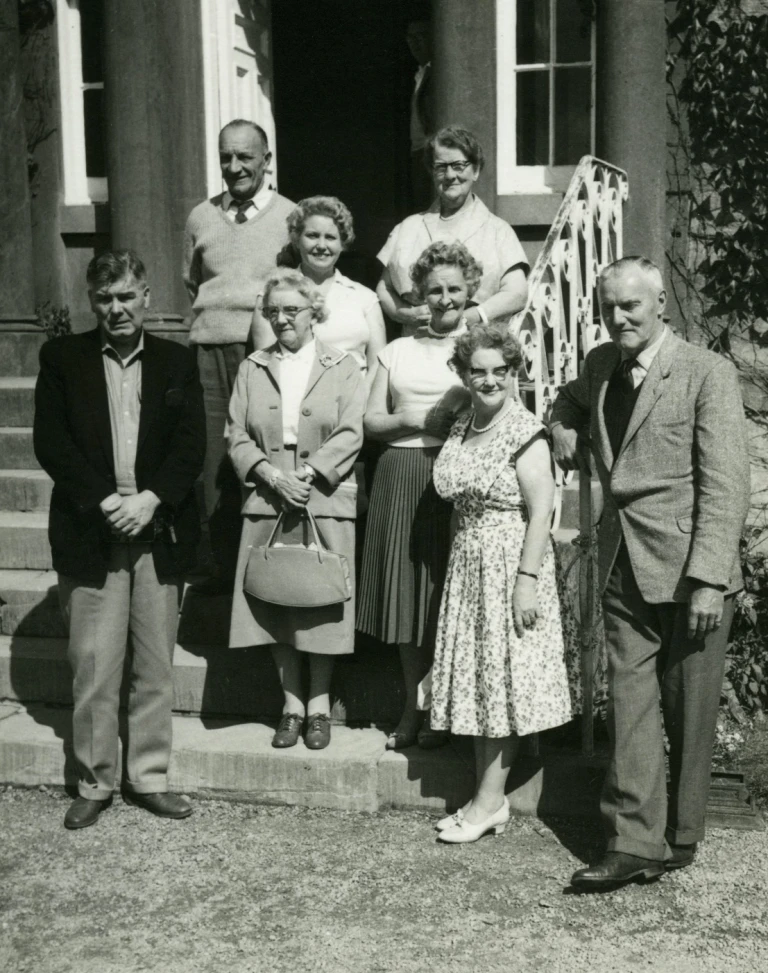Have you ever wondered who your ancestors were and what countries they were from? Thanks to advancements in science, autosomal DNA testing can now shed light on these questions and unlock the mysteries of your heritage.
Unveiling Your Genetic Makeup
Autosomal DNA tests explore the genetic information encoded within your autosomal chromosomes, which constitute the bulk of your DNA and are inherited equally from both parents. These tests scrutinize these chromosomes to pinpoint genetic markers that provide insights into your ancestral heritage. These markers, characterized by their variability among global populations, enable testing companies to approximate the regions where your ancestors likely originated.
By analyzing these markers, autosomal DNA tests can estimate the proportion of your genetic makeup derived from diverse parts of the world, thereby painting a detailed picture of your genetic ancestry and heritage.
A Glimpse into Your Family History

The results of an autosomal DNA test typically include an ethnicity estimate. This breakdown reveals the percentage of your DNA that originates from different geographic regions, such as Europe, Africa, or Asia. While this provides a broad picture, it can be a fascinating starting point for further exploration. Understanding the genetic makeup of your ancestry can offer insights into your heritage, culture, and the migratory patterns of your ancestors. This knowledge often sparks a deeper interest in personal and family history, encouraging people to delve into historical records, family stories, and cultural traditions associated with their genetic roots.
However, autosomal DNA testing goes beyond ethnicity. These tests can also help you connect with relatives who share significant amounts of DNA with you. The matching algorithms used by testing companies can identify individuals who have taken similar tests and share a portion of their DNA with you. These matches could be close relatives like cousins or more distant relatives you never knew existed. The ability to connect with relatives can lead to the discovery of previously unknown family branches and can be particularly valuable for individuals seeking to build a more comprehensive family tree.
In addition to finding new family members, these connections can provide a wealth of genealogical information. Relatives may share family stories, photographs, and documents that help piece together the puzzle of your ancestry. This collaborative approach can enrich your understanding of your family\'s history, providing a fuller picture than what might be available through traditional research alone.
Moreover, autosomal DNA testing can be an invaluable tool for those searching for biological family members, such as adoptees looking for birth parents or individuals trying to identify unknown ancestors. By finding genetic matches and collaborating with them, it\'s possible to narrow down potential family connections and uncover vital clues about one\'s lineage.
Building Your Family Tree Brick by Brick
The information gleaned from autosomal DNA testing can be a powerful tool for building your family tree. This type of testing analyzes the autosomes—non-sex chromosomes—found in both men and women, making it a versatile option for tracing lineage. By examining the genetic markers inherited from both parents, autosomal DNA testing can identify a wide range of relatives across both the maternal and paternal lines, often up to several generations back.
Matching with relatives through autosomal DNA testing allows you to initiate contact and exchange genealogical information. These connections can be invaluable, as they often lead to the discovery of shared ancestors and provide important insights that might be missing from your research. For example, a distant cousin might possess old family photographs, letters, or heirlooms that shed light on your shared heritage. Additionally, these newfound relatives can offer oral histories, and stories passed down through generations, adding depth and richness to your understanding of your ancestry.
These newfound connections can fill in gaps in your family history and provide leads to trace your ancestry back further. By collaborating with genetic matches, you can piece together fragmented branches of your family tree and uncover previously unknown ancestors. This collaborative approach not only enhances the accuracy of your genealogical research but also fosters a sense of community and shared heritage among distant relatives.
Keep in mind, however, that DNA results alone may not paint the complete picture. While autosomal DNA testing is a powerful tool, it has its limitations. For instance, the accuracy of the results can diminish for more distant relatives, and the data may not always reveal the full context of your ancestors\' lives. Therefore, for a more comprehensive understanding of your family history, it\'s advisable to combine DNA testing with traditional genealogical research methods.
Traditional methods include consulting historical records and public documents, such as census records, birth and death certificates, marriage licenses, and immigration records. These documents provide concrete evidence of your ancestors\' existence, their relationships, and their movements over time. When used in conjunction with DNA testing, these records can help confirm genetic connections, clarify ambiguities, and build a more robust and detailed family tree.
Unlocking Your Family\'s Story
Autosomal DNA testing offers a unique opportunity to learn more about your ancestry and connect with distant relatives. It can be a rewarding journey of self-discovery, unearthing the rich tapestry of your family\'s history across generations.
 Ready to dive deeper into your genetic genealogy? DavisDNA and Family Research, a team of experienced genealogists led by managing director Christine Klauberg Davis in Tampa Bay, Florida, can be your guide.
Ready to dive deeper into your genetic genealogy? DavisDNA and Family Research, a team of experienced genealogists led by managing director Christine Klauberg Davis in Tampa Bay, Florida, can be your guide.
Their expertise in traditional and genetic genealogy research, combined with DNA analysis, can help you uncover lost family connections and build a lasting legacy of your unique family story for generations to come.
About the Author
Fred H. is an expert in genetic genealogy with a deep passion for uncovering family histories through DNA analysis. With years of experience in the field, he combines traditional research methods with cutting-edge genetic techniques to solve complex genealogical mysteries. Fred enjoys writing informative blogs to help readers develop a better understanding of DNA analysis and genetic genealogy, making the intricate world of genetics accessible and engaging for everyone interested in their ancestral roots.

